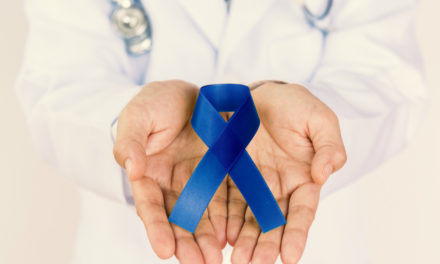In the last several years, it’s become much more common for people struggling with mental health issues to speak openly about their experience.
This communication is important, because it paves the way for more people to seek out the help they need. Unfortunately, certain stigmas often prevent men from participating in this culture shift – as men are known to repeatedly turn down help and choose instead to silently struggle with their mental health.
The devastating truth is that this refusal of assistance often reflects in suicide statistics. While research has shown that women are actually more likely than men to suffer from mental illness, they are also more likely to seek out help. Despite the growing acceptance of these conditions, society still teaches men that discussing, or even thinking about their feelings, can be a sign of weakness.
Why Do Men Experience This Negative Stigma?
There are several reasons why men are reluctant to seek help. From a young age, boys are encouraged to be “tough guys” by ignoring their emotions and not openly discussing their feelings. As they age into adulthood, this expectation is so ingrained that many men feel weak or emasculated by expressing feelings of depression, anxiety, or fear.
Men make up more than 75% of suicides, a staggering figure when taking into consideration that more women experience mental health issues than men.
Rather than turning to a medical professional, men are more likely to seek out substances as a form of self-medication. These might include:
- Alcohol
- Painkillers
- Illegal narcotics
- Marijuana
The cause of taking such action is typically a stressful life situation, such as divorce, losing a job, death of a loved one, or being involved in an accident.
No matter who you are or the stresses you endure, it’s important to make mental health a priority. If you begin to experience any signs of continuous mood changes, seek help as soon as possible. Contact your primary physician for a referral to a mental health professional or reach out to mental health services in your area.
If you or someone you know is struggling with thoughts of suicide, please call Crisis Services’ 24-hour hotline at (716) 834-3131 or visit them online at crisisservices.org/suicide-prevention.
Find a Doctor Near You
Call (716) 706-2112
Find a Doctor Near You
Call (716) 706-2112





